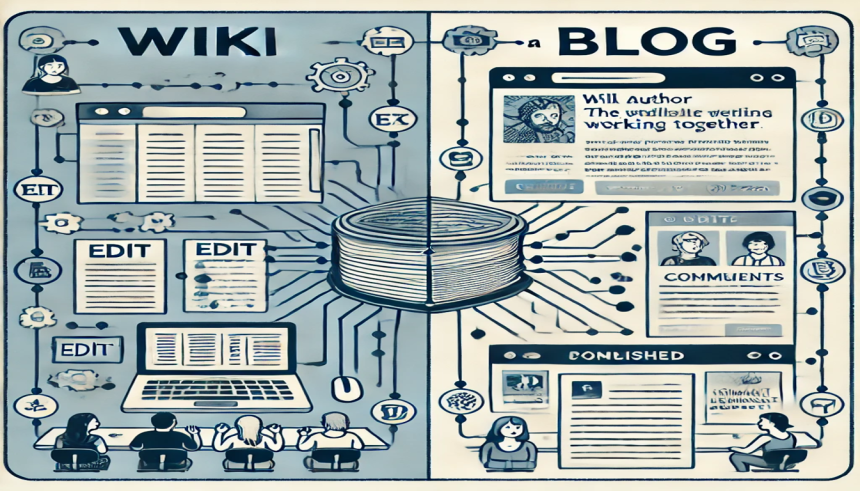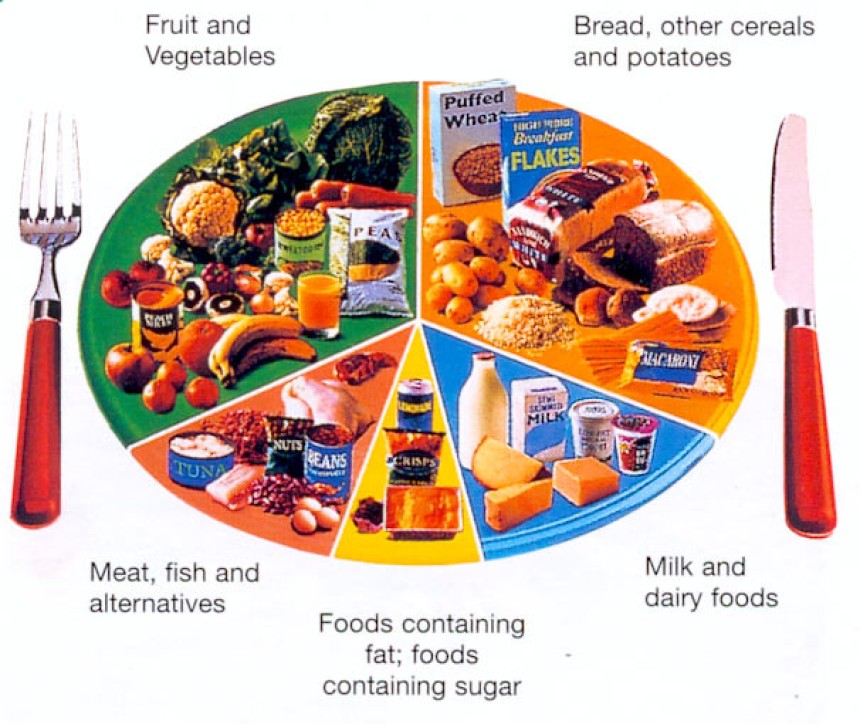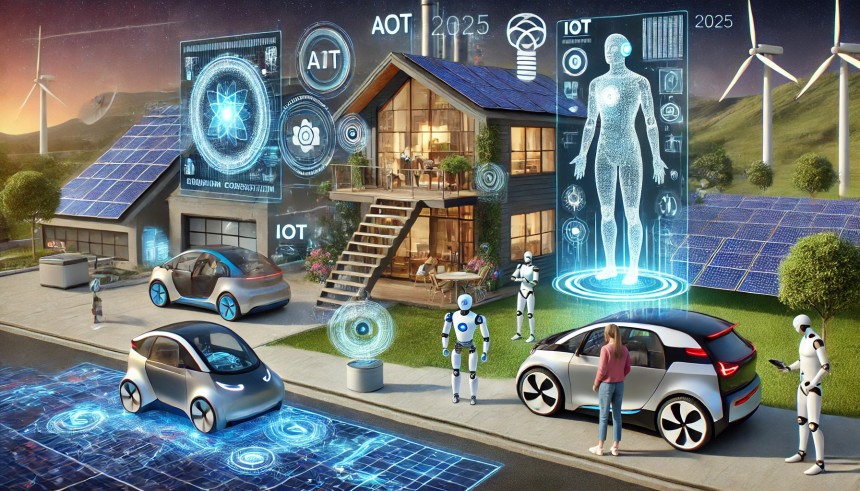
Technology and Innovation Transforming the Future
Artificial Intelligence (AI) Integration
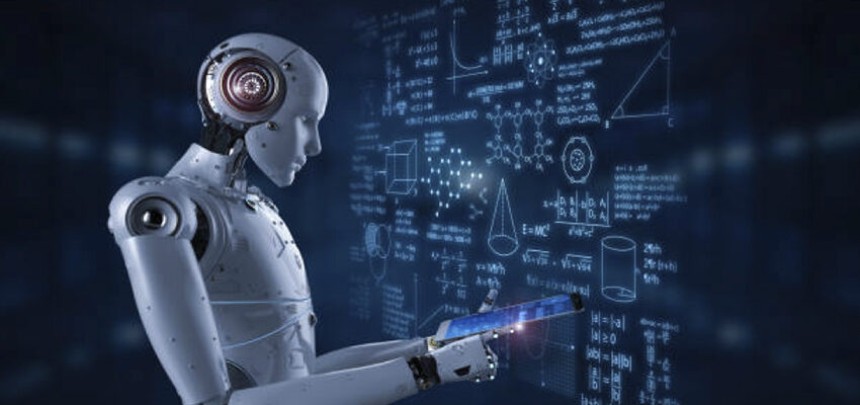
AI is becoming more intertwined with everyday activities. Smart personal assistants will handle complex tasks like managing finances, scheduling, and even diagnosing health issues. Machine learning algorithms will enhance decision-making processes across industries, from healthcare to agriculture, leading to improved efficiency and outcomes.
Quantum Computing Breakthroughs

Quantum computing is set to move beyond theoretical applications. Its unmatched computational power will solve problems previously deemed impossible, including complex simulations in climate modeling, drug discovery, and cryptography. These advancements will lay the groundwork for breakthroughs across science and technology.
Smart Ecosystems and IoT
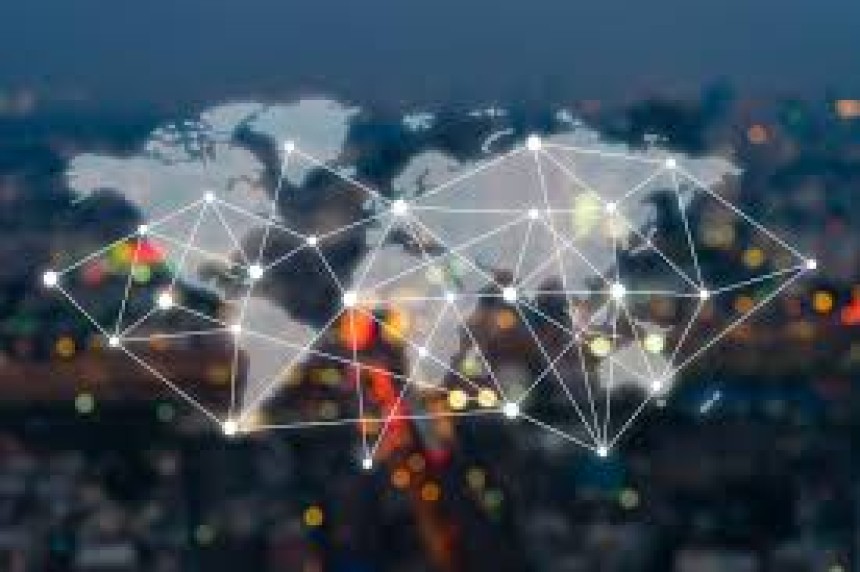
The Internet of Things (IoT) will make homes, workplaces, and cities smarter and more interconnected. Smart homes equipped with IoT devices will enable energy management, security systems, and appliances to work seamlessly together. On a larger scale, smart cities will optimize traffic, energy use, and waste management, improving urban living.
Space Exploration and Innovation
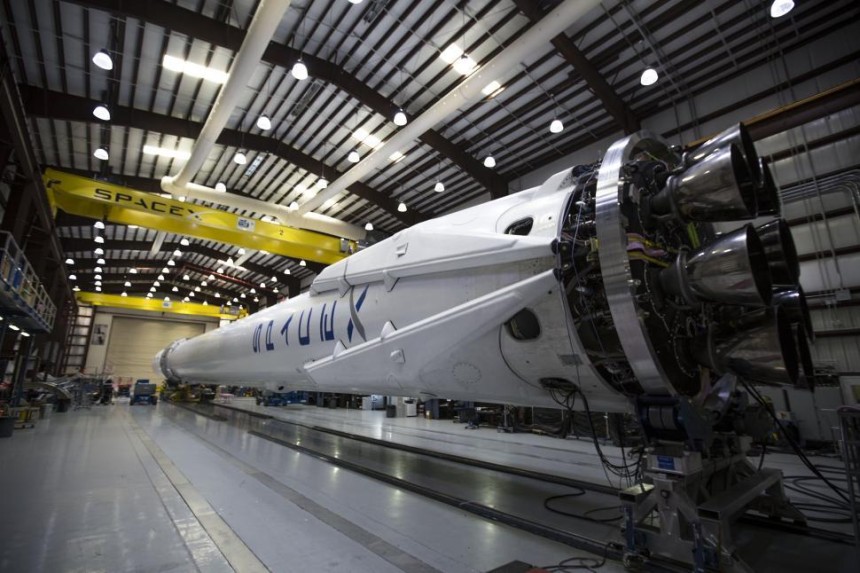
Private companies like SpaceX, alongside national space agencies, are pushing the boundaries of exploration. Human missions to the Moon and advancements in Mars colonization plans could become a reality. Satellite technology will continue to provide better communication, navigation, and Earth-monitoring capabilities.
Sustainability through Green Technologies

Green innovations will dominate the energy sector. Solar, wind, and hydrogen fuel technologies will become more efficient and affordable, driving global efforts to combat climate change. Carbon capture and storage solutions are also expected to mature, helping industries reduce their environmental footprints.
Autonomous Systems and Robotics
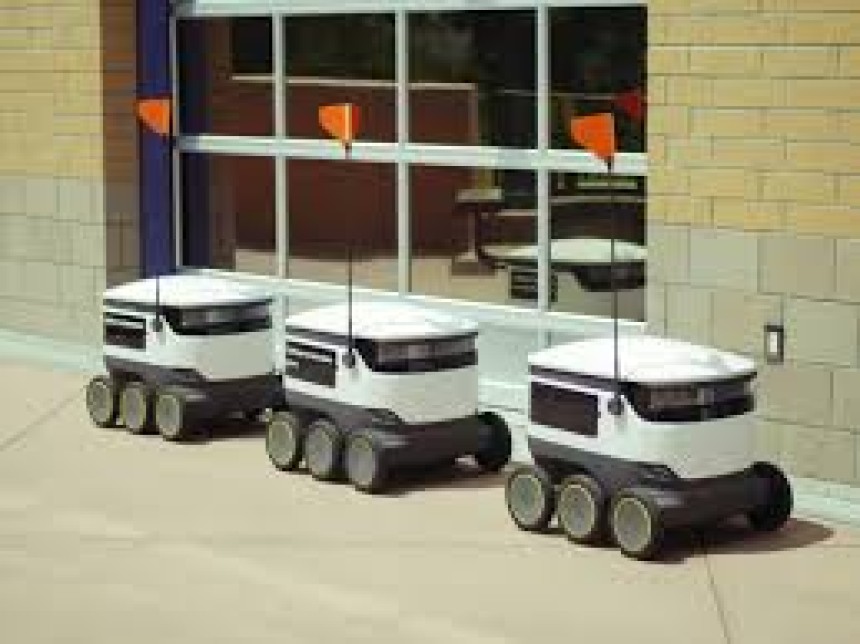
Autonomous vehicles, drones, and robots are set to transform transportation, logistics, and manufacturing. Self-driving cars will become more commonplace, while delivery drones and robotic assistants will streamline processes in various industries, from retail to healthcare.
Immersive Technologies
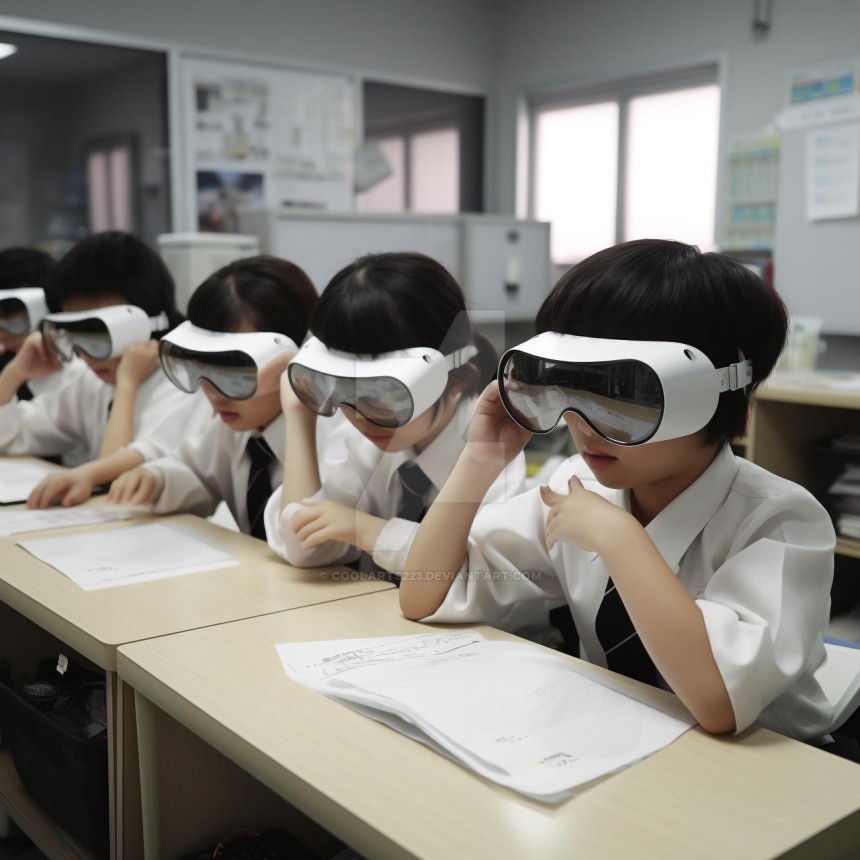
Virtual reality (VR) and augmented reality (AR) will create immersive experiences in entertainment, education, and commerce. These technologies will redefine how we interact with digital content, offering new ways to work, learn, and socialize.
Challenges and Ethical Considerations
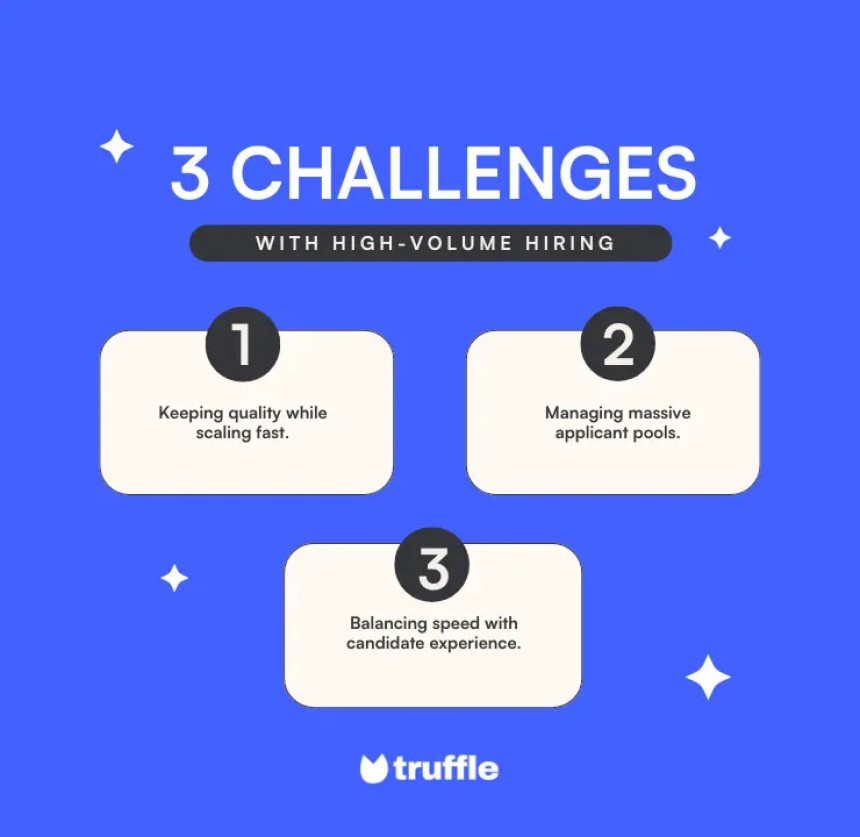
While these advancements promise immense benefits, they also raise ethical questions and challenges. Issues like data privacy, AI bias, and the digital divide must be addressed to ensure equitable access and responsible use of technology.
By 2025, the convergence of these technologies will create opportunities for growth, innovation, and global collaboration. The focus will be on using these tools not just for convenience, but for building a more sustainable and inclusive world.



